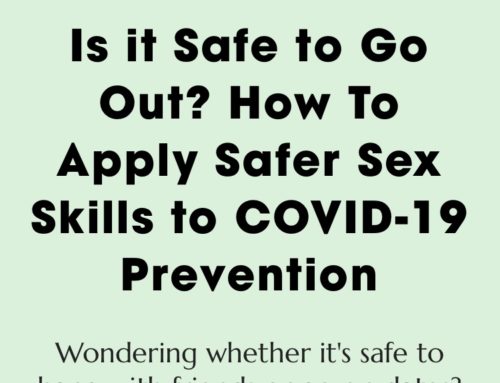Hi Yana,
I have a seven-year-old son and I want to start teaching him about consent. Do you have any resources and tools for me as a parent to help him learn about consent as a kid?
— Proactive Parent
Dear PP,
The brilliant Dutch sex education curriculum starts what they call “sexuality education” early and often for their students. Children as young as five years old start talking about respecting their own and others’ bodies and making choices that feel good to them in this model — essential building blocks to the gender-and-sexuality-inclusive, medically accurate, and consent-focused sex education they receive in their public schools as middle and high school students.
And they do so with impressive outcomes: Research done at our very own UMass Amherst in 2011 found that among 12- to 25-year-olds in the Netherlands, most say they “wanted” and had “fun” during their first sexual experiences. By comparison, a 2004 national survey done by The National Campaign to Prevent Teen Pregnancy reported that 66 percent of sexually active American teens surveyed said they wished that they had waited longer to have sex for the first time.
Teaching consent early on in your child’s life matters and can happen in small, everyday ways. Conversations about consent don’t even need to be tied explicitly to sex, though they can be, to make a positive impact on the consent practices used in their future sexual interactions.
Teach your child to ask other people, especially his peers, questions such as “Is it okay if …?” before he touches them or their things. Set an example with your own actions by asking people these same questions, especially in his presence.
Tell your child that he’s the only person who owns his body and help him set his own physical boundaries. Require other children and adults in his life to ask permission before hugging, kissing, picking up or otherwise touching him. (Yes — even family members.)
When your child makes a statement that he doesn’t like a particular physical touch — for example, when people tousle his hair— teach him what he can say to assert that boundary. For example, he might tell someone: “It’s okay if you hug me, but please don’t touch my hair.”…continue reading…


